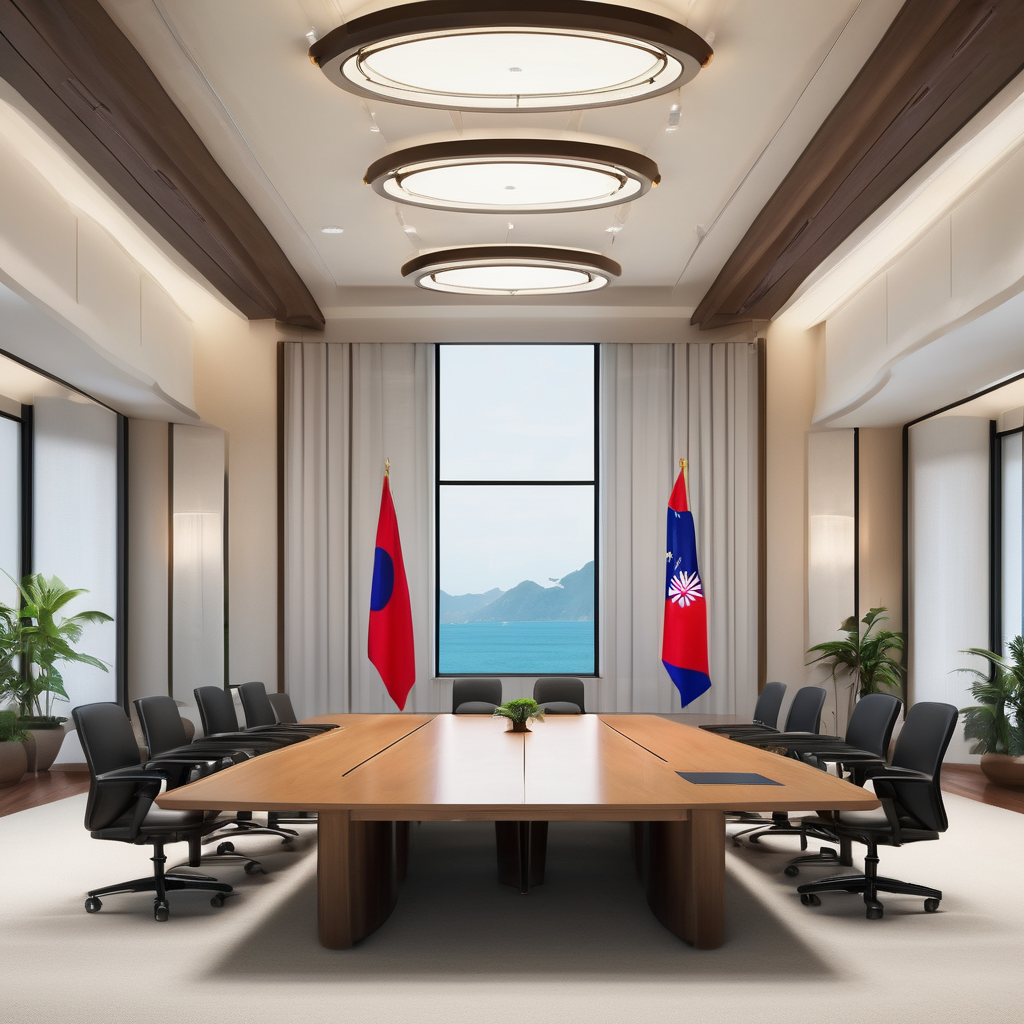Taiwan has made notable diplomatic progress this week by welcoming Filipo Tarakinikini, Fiji’s permanent representative to the United Nations. This visit is particularly significant considering Fiji’s formal diplomatic ties with Beijing, making the meeting with Taiwanese officials a rare occurrence. During his trip, Tarakinikini met with Taiwan’s Vice President Hsiao Bi-khim and ambassadors from Taiwan’s allies, including delegates from the Marshall Islands and Paraguay.
In their discussions, Vice President Hsiao emphasized her gratitude for the unwavering support Taiwan receives from its allies, which she contends has empowered Taiwan to actively participate in international organizations, especially the United Nations. The dialogue included a dinner hosted by Taiwan’s Foreign Minister, Lin Chia-lung, further strengthening the diplomatic relationship between Taiwan and Fiji.
China’s Ministry of Foreign Affairs reacted strongly to this visit, asserting that it contravenes Fiji’s commitment to the “one China” principle, which holds that Taiwan is an integral part of China. Chinese spokesperson Mao Ning expressed discontent, stating that China has lodged an official protest with Fiji over the engagement, underscoring that such actions are destined to fail.
Despite the heightened diplomatic tensions, this engagement underscores Taiwan’s ongoing endeavors to enhance its international presence and garner support, especially in light of its limited formal recognition—only 12 countries currently recognize Taiwan, including three in the Pacific region. Taiwan operates a de facto embassy in Fiji, reflecting the intricate dynamics of diplomacy in the Pacific.
Furthermore, this visit arrives amid Fiji’s evolving political context, with Prime Minister Sitiveni Rabuka publicly opposing the establishment of a Chinese military base in the Pacific. This stance positions Fiji as a pivotal player in the face of increasing geopolitical competition for influence in a strategically critical region.
Although China has voiced its opposition to the visit, it also presents an opportunity for Fiji to navigate its diplomatic relations more deftly, balancing connections with both China and Taiwan. As Fiji continues to expand its diplomatic engagements, there is optimism that increased dialogue may lead to enhanced stability and collaboration, ultimately benefiting both Fiji’s diplomatic standing and the broader Pacific region.
